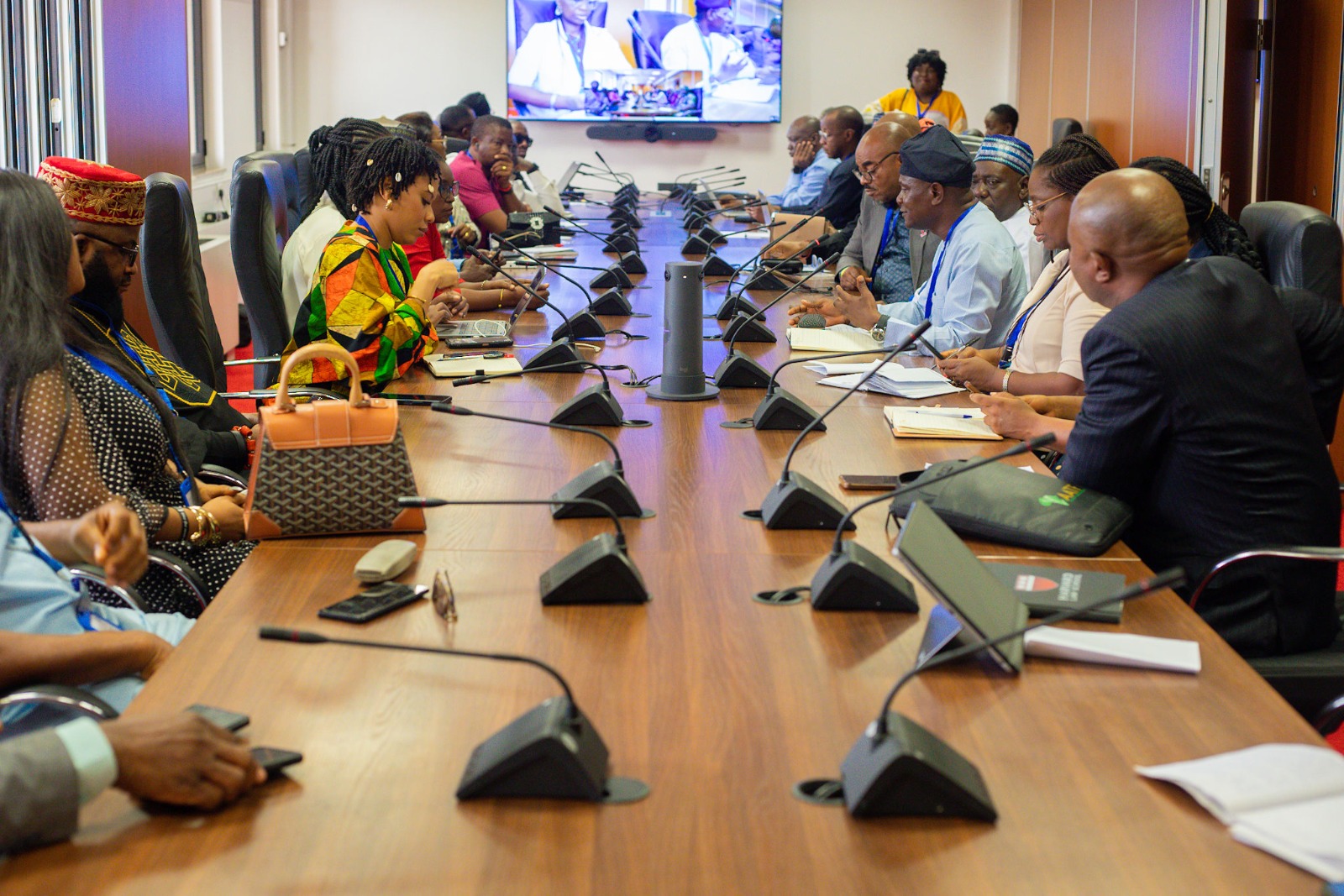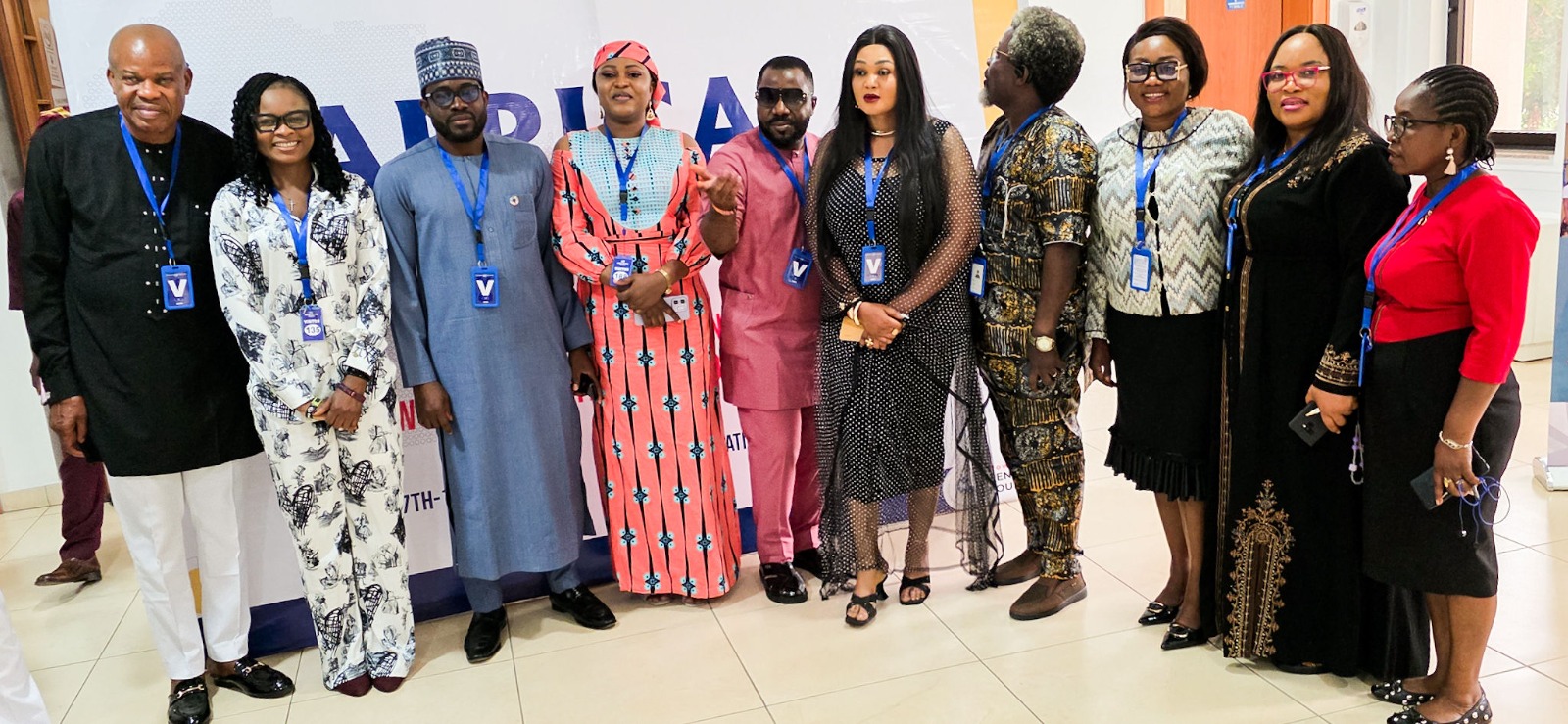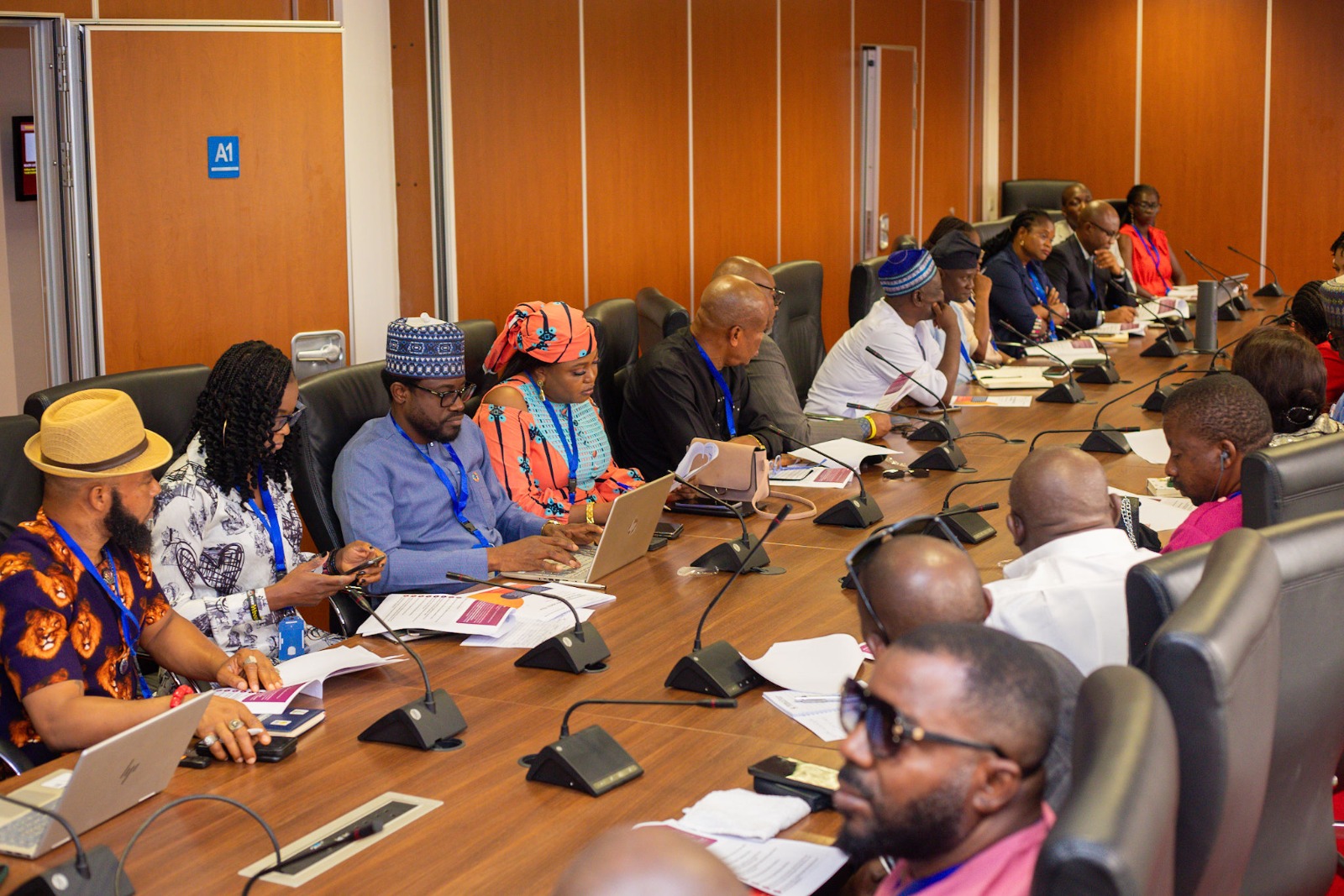Stakeholders in Nigeria’s creative industry inclusing the Association of Movie Producers of Nigeria, legal experts, policy makers, and international partners gathered on Tuesday at the United Nations House in Abuja for a high-level Roundtable Session on Performers’ Rights in Nigeria and the African Continental Free Trade Area (AfCFTA).
According to a statement released by the Publicity Secretary of the Association of Movie Producers of Nigeria (FCT Chapter), Desmond Utomwen, the event was hosted by the World Intellectual Property Organization (WIPO) Nigeria Office, in collaboration with the Nigerian Copyright Commission (NCC) and served as a strategic platform for dialogue on the strengthening of performers’ rights within the evolving framework of the AfCFTA and Nigeria’s growing creative economy.

In his introductory remarks, Dr. Oluwatobiloba Moody, Director of WIPO Nigeria Office, noted the importance of robust protection for performers across Africa. He stated that performers are not just entertainers; they are cultural ambassadors, economic contributors, and voices of the shared humanity of the society. The session offered a step towards ensuring that the African Continental Free Trade Area doesn’t just liberalise trade but also protects those who give life to our creative assets.
Delivering the keynote address, Dr. John Asein, Director-General of the Nigerian Copyright Commission, who was represented by Funmi Adewale described the newly enacted Nigerian Copyright Act, 2022 as a game-changer.
“For the first time in our legislative history, the Act has elevated performers’ rights to a position of clearer recognition and robust protection,” he said.
These provisions are not merely symbolic; they are legal instruments that empower performers and facilitate the growth of the Nigerian creative economy. With these new rights and mechanisms, we are setting the foundation for fair compensation and respect for the work of our artistes.”

Dr. Asein also pointed out that the AfCFTA provides a unique opportunity to reimagine trade in creative services across Africa.
“As African nations move towards economic integration, the harmonisation of copyright standards and enforcement frameworks becomes not just necessary, but urgent. Performers’ rights must also be at the heart of this conversation.”
National President of the Association of Movie Producers of Nigeria, (AMP) Amb Dr. Queen Blessing Ebigieson, who was represented by the Publicity Secretary (FCT Chapter), Desmond Utomwen, demanded an equitable, fair and level playing field among the practitioners of the creative industry. She added that the future of Africa’s creative economy lies in a unified rights system that recognises, protects, and promotes the contributions of practitioners
“We are at the threshold of a creative revolution, and practitioners are at its heart. Creativity is Nigeria’s new oil and it must be protected, monetised, and traded fairly under the AfCFTA. The AMP President stated.
The panel session on Performer’s Rights and the AfCFTA featured experts from academia, government, and industry, who tackled diverse angles of the issue ranging from existing legal framework highlighted persistent gaps in the protection of performers’ rights, especially in the digital environment to performers’s welfare.
Speaking on performers’ welfare, President of the Actors Guild of Nigeria, Dr. Ejezie Emeka Rollas lamented the lack of unionisation and social protection. He maintained that the AGN under his leadership is working with stakeholders to revert the trend of seeing many Nigerian performers live from gig to gig without pension, health insurance, and guaranteed royalties.

Ms. Victoria Onyeagbako, a Doctoral Researcher at Queen Mary University of London, presented detailed policy recommendations, advocating for cross-border enforcement mechanisms. She maintained that there must be synergy between national copyright laws and AfCFTA protocols. Performers need to be guaranteed that their rights will be respected and enforced wherever their work is used across Africa.”
Participants including artists, Collective Management Organisations, CMOs, policy consultants, copyright lawyers, and members of the AMP FCT and AGN called for practical actions.
The session concluded with renewed optimism and a joint commitment to ensure that African performers are not left behind in the continent’s trade and intellectual property evolution.













